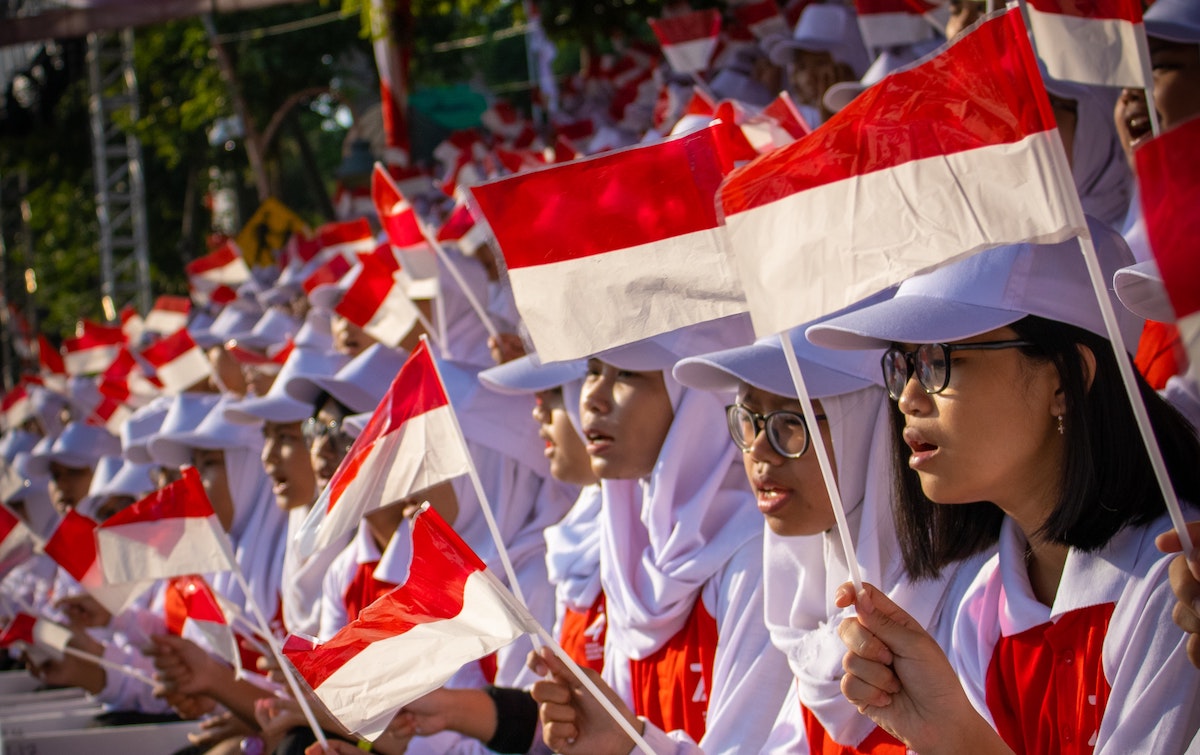Ramadan spike didn’t result in blame game between Malaysia, Indonesia and could be a model for post-Covid policymaking.
THERE was a time last year when Malaysia was concerned over a possible spike of Covid-19 cases if Indonesian nationals were allowed to enter the country.
But what transpired since then was a complete reversal of this prediction.
In past Aidilfitri celebrations, the Indonesian media highlighted the outbreak among returning migrants from Malaysia. Many returned to their hometown in Bangkalan, Madura, now identified as one of the first hot spots of today’s pandemic wave.
Fuelled by the Aidilfitri festivities and temporary lapses in health protocol enforcement, the virus spread so swiftly that Indonesia is now facing its biggest surge of cases.
Yet there was little to no trace of blame game in the subsequent months. No anger was expressed against Malaysia nor the returning migrants, many of whom might have lost their jobs here.
This episode highlights an interesting point in Malaysia-Indonesia relations. What could have been a trigger for anti-Malaysia sentiments just sputtered. More scrutiny was instead directed at travellers who flouted the country’s movement-control order during the holiday period.
It also reminds us of the geographical destiny shared not only by Malaysia and Indonesia, but also other countries in Southeast Asia. Hundreds of years of intraregional interaction among the people have led to political, economic and social dependencies, which preclude nation-centric policies.
Therefore, it is dangerous to adopt an exclusivist view that a country’s safety vis-à-vis the pandemic is not dependent on its neighbours’ pandemic management. A Southeast Asian country can never be truly at ease if the virus continues to ravage the next door.
A recent example shows this spatial awareness at work in pandemic management.
When infections began to spike here before Ramadan, leading to the imposition of the MCO 3.0, Indonesia appeared to take its cue from Malaysia.
The discourse there acknowledged the difficult measures that Malaysia have resorted to and reflected a resignation that a more devastating wave was coming to Indonesia as well. The country’s system was thus on alert before the current wave arrived – whether it was sufficient or not is another question.
Such a practice of comparison and contrast needs to be propagated, not only between the two countries, but also with the rest of Southeast Asia and beyond. With some experts arguing that Covid-19 may never be truly eradicated, now is the high time to institutionalise a policymaking paradigm that can deal with the situation sensibly beyond our borders.

For example, this could translate into more quality conversation between the two countries that goes beyond policy pronouncements. Strategic cooperation in pandemic management and other areas need to be explored if the two were to have a better fighting chance against this crisis. For now, nation-centric attitude continues to be the norm in both countries.
Even Malaysia’s swift track towards achieving a herd immunity would not necessarily lead to the opening up of the country to the region. A long time might yet pass before we could return to the pre-pandemic people movement trend between the two countries.
At the time of writing, about 45 million Indonesians have had at least one jab of vaccine. This is 22% of its eligible population compared with Malaysia’s nearly 12 million or 52% of the eligible. By virtue of population size, Malaysia is likely to achieve herd immunity long before Indonesia does.
There is a need to kick-start a projection of the impact of a prolonged disconnect between the two populations, considering how tightly interwoven the two nations are from a socio-economic aspect.
My interest is to see the movement on political dimension. With so many in middle-class affected by the health and economic crises, would it give birth to revisionist political aspirations? What are the risks and pitfalls that need to be addressed to prevent the situation evolving into a political crisis? Would these ideas travel dynamically between Malaysia and Indonesia as past examples dictated?






